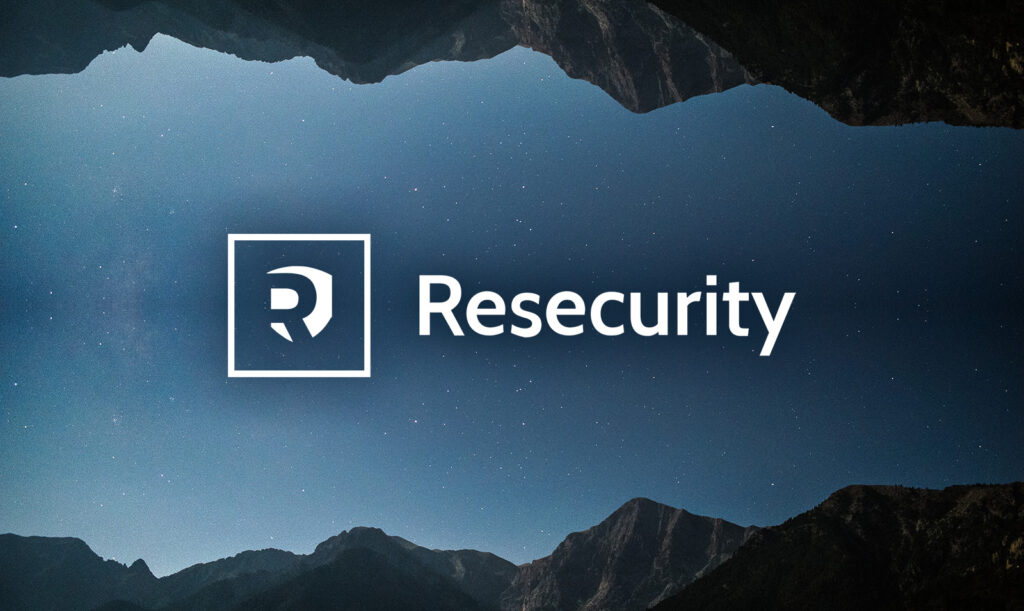I’m going to go out on a limb here and say that if most of us who work for a living won “enough” money in a lottery (or maybe at the roulette wheel), we would probably quit our job and do whatever we want for the rest of our lives. Since the odds of such a windfall are minuscule, let’s focus instead on what’s happening in the workplace and what knowledge workers, IT decision-makers, and business leaders think about work and the people who perform and manage it.
HP just published its second annual Work Relationship Index (WRI) report. It’s based on a survey of more than 15,000 workers from 12 countries, from Australia to the United States. The survey includes 12,000 knowledge workers (1,000 from each country), 2,400 IT decision-makers (200 from each country), and 1,200 business leaders (100 from each country).
As expected, the survey had some surprising and not surprising results.
Key Findings Include (Surprise) AI Usage Exploded
There’s a lot of data to unpack, but here are two areas of the report that are particularly interesting:
-
People’s relationship with work remains unhealthy.
-
AI usage has “exploded,” which could be vital to driving a better relationship with work while unlocking a personalized work experience for knowledge workers. But it’s also concerning for workers.
Relationship with Work Remains Unhealthy for Knowledge Workers
Beginning with some not-so-great news: Only 28% of global knowledge workers say they have a healthy relationship with work. That’s up just one point from 2023.
India had the highest score in this area (50%) in 2023 and again this year. However, the country’s score declined to 46% in 2024. The news was worse in Brazil, which dropped from 37% reporting a healthy relationship with work last year to just 29% in 2024. That was the steepest year-over-year decline in this metric.
On the positive side, Indonesian and US knowledge workers reported six-point jumps in this category. Indonesia’s score rose to 44%, while for US workers, it was 34%. Japan again had the lowest overall score, 9%, but that was still a sizeable improvement from last year’s dismal 5%.
Countries with higher WRI scores in 2024 saw slight improvement across all drivers, most notably Leadership and Fulfillment.
With relatively little year-over-year change in this result, 74 percent of business leaders said redefining people’s relationship with their work is even more important, up from 67% in 2023.
In Leaders We Trust … to a Degree
Just 28% of knowledge workers are in the survey’s “Healthy Zone” for their relationship with work (a two-point increase from last year), 42% are in the “Watch-out Zone” (up one point), and 30% are in the “Unhealthy Zone,” which is down two points.
For IT decision-makers, 42% are in the “Healthy Zone” regarding their relationship with work, up five points year over year. Business Leaders have the highest “Healthy Zone” score at 51%, a jump of three points.
The survey results contain tremendous information about the different aspects of work and how the three groups see them. These include differences in how male and female business leaders see themselves. There is a decidedly mixed bag of results regarding employee happiness and lack thereof, as well as the reasons why. You can see all of those breakdowns in the report.
A Closer Look at the Impact of AI on Work
Let’s pivot to a hot-button issue that will likely impact how knowledge workers, in particular, feel about work, now and in the future: AI. Artificial intelligence is a top-of-mind subject in many ways. These are some of the findings I found most interesting.
Sixty-six percent of knowledge workers used AI in 2024, up 28 points from 2023. For business leaders, 88% have used AI, a jump of 20 points, while 91% of IT decision-makers have used AI this year, a rise of 28 points. If you look at AI usage by knowledge workers according to their demographic generation, younger workers are the biggest users of AI, while older workers use AI the least.
-
83% of Gen Z workers used AI in 2024 vs. 46% last year.
-
75% of Millennials used AI this year, up from 46% in 2023.
-
54% of Gen X knowledge workers used AI this year compared to just 31% last year.
-
Pulling up the rear are the Baby Boomers, with only 36% using AI in 2024, but at least that’s up from the 16% who used it last year.
Among all workers, the use of AI is rising not just because it’s the shiny new object of technology but because it’s delivering clear benefits.
When asked if AI plays a key role in improving work-life balance, 60% of knowledge workers, 77% of business leaders, and 73% of IT decision-makers agree that it does.
How about whether AI opens up new opportunities for them to enjoy work? It seems to be the case, with 68% of knowledge workers, 82% of business leaders, and 78% of IT decision-makers responding positively.
And does AI make people’s jobs easier? Again, the survey results show a resounding “Yes.” For knowledge workers, 73% agreed with the statement. That jumps to 83% for business leaders and 81% for IT decision-makers.
More AI = Higher Job-related Satisfaction
The following results were particularly enlightening regarding how quickly and positively AI is changing the enterprise.
Is AI playing a key role in improving work-life balance? 69% of knowledge workers say it is. 80% of business leaders give AI a big thumbs-up for enhancing this balance. And 77% of IT decision-makers say it does the same for them.
How about opening up new opportunities to enjoy work? 77% of knowledge workers, 84% of business leaders, and 82% of IT decision-makers say AI delivers on that front, too.
And will having a better understanding of AI help advance your career? For knowledge workers, 73% say it will. That jumps to 84% for business leaders and 80% for IT decision-makers.
Fear of the Unknown
Expectations and fears about AI aren’t improving among those not using it. One issue is not knowing when to use AI at work. That’s concerning for 55% of knowledge workers, 48% of business leaders, and 52% of IT decision-makers.
Significant numbers of respondents from all three groups feel ill-equipped to make the most of AI in their work—52% of knowledge workers, 48% of business leaders, and 43% of IT decision-makers.
The responses to the previous two questions are up for all groups.
I’ll leave you with a bit of positive news about AI in the workplace. Are members of these three groups worried about their jobs being replaced by AI? More than a third are (37% of knowledge workers, 38% of business leaders, and 41% of IT decision-makers). But at least those numbers are declining year over year among respondents from each group.
HP’s second annual Work Relationship Index contains a great deal of interesting and useful information. Give it a read and see how you can use the information in your organization.
Zeus Kerravala is the founder and principal analyst with ZK Research. Read his other Network Computing articles here.
[ad_2]
Source link



